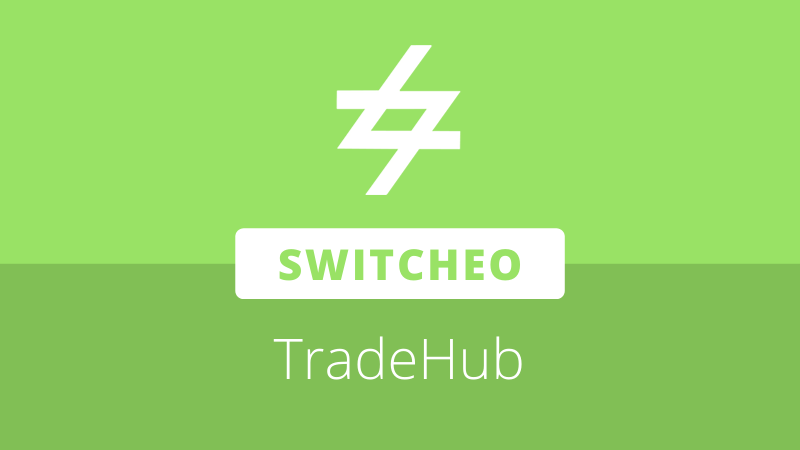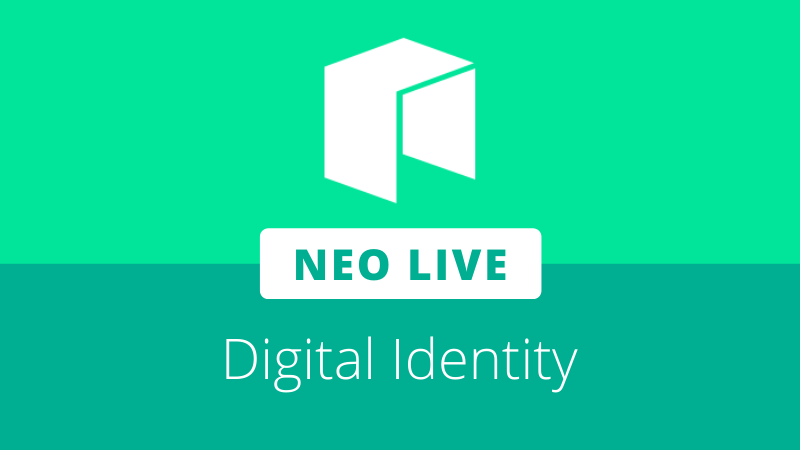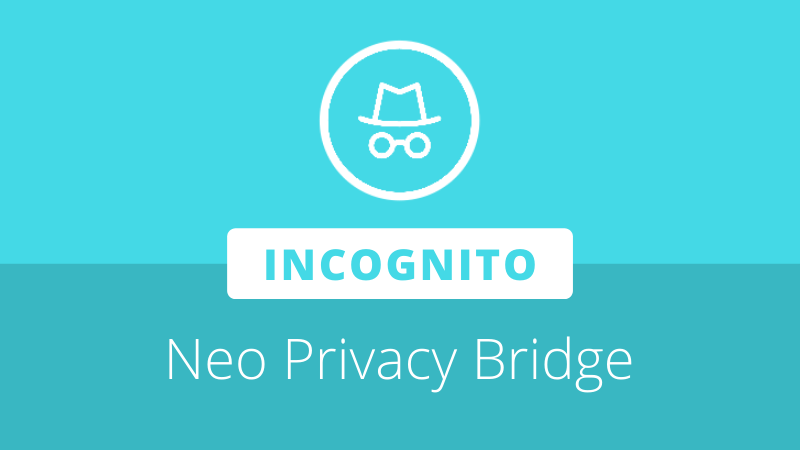
Switcheo has announced the beta launch of TradeHub, a standalone order matching engine formerly referred to as Switcheo Chain.
Switcheo TradeHub
Switcheo first announced its intentions to launch a standalone chain in September 2018, when the team concluded a specialized blockchain with a native token would be necessary for operating “a truly decentralized and trustless cross-chain exchange.”
Switcheo TradeHub will be an open-source, delegated Proof of Stake (dPoS) order matching engine built on top of the Tendermint Core byzantine fault tolerant (BFT) consensus mechanism. Switcheo claims it can handle more than 1,000 transactions per second and a peak load of 10,000 TPS.
TradeHub will not be a general-purpose blockchain network. Therefore, it will not have smart contract functionality, but solely be used for validating and executing trades on the Switcheo non-custodial exchange. Afterward, those orders are intended to be batched and settled on first layer blockchains like Neo, Bitcoin, and Ethereum. It is through this batching tactic that trade settlements can become scalable and inexpensive, with purportedly low or even zero network fees.
The Switcheo team also stated they had been working closely with Neo Global Development (NGD) “for additional strategies of conducting cross-chain deposits for Layer-1 tokens, especially those that do not fully support smart contracts such as Bitcoin (BTC).”
Improvements to the platform and user experience
The new TradeHub platform will integrate features and functions such as support for Bitcoin, advanced order types, full order books for cross-chain markets, liquidity and market makers, a new Swap Mode, and automated listings.
Switcheo aims to integrate support for Bitcoin in three ways. First, through BTC and wrapped-BTC (WBTC) atomic swaps. Secondly, through federated escrow signatures (aka multiparty computations). Lastly, through “a brand new cross-chain technology that will be revealed by Neo Foundation.”
Switcheo also intends to include stop-losses and take-profit orders on TradeHub. In the past, this feature was too difficult to implement as it was “too computationally expensive to implement within the smart contracts of Layer-1 blockchains.”
Full order books for cross-chain markets on TradeHub will allow users the ability to trade tokens across various blockchain platforms, as well as utilize limit and stop order functionality. Switcheo claims TradeHub will offer a more straightforward and quicker settlement process, as transactions no longer need to receive confirmation from various blockchains to execute.
Switcheo stated that users can earn interest by contributing to the public liquidity pool, which will also offer a native automated market maker (AMM) for each digital asset market. Further, contributors to liquidity pools will share maker rebates, and profits from the bid-ask spreads. The minimum staking amount is anticipated to be 10,000 SWTH tokens.
Additionally, these public liquidity pools will also allow the introduction of a new swap mode, which will enable users to exchange digital assets directly from their wallets without necessitating deposits or withdrawals.
Lastly, project owners will be able to list their project tokens through automated listings, where the project owner is required to burn a predetermined amount of SWTH and fund the initial liquidity pool.
Looking forward
Switcheo TradeHub will be rolled out in five phases.
Phase Zero of the rollout will take place in Q2 2020 when Switcheo intends to launch the TradeHub TestNet. MainNet is tentatively expected be live by the end of Q2 2020. In this phase, SWTH holders will be able to conduct one-way transfers of tokens to TradeHub to stake. Switcheo noted that “it will not be possible to transfer tokens to the Neo blockchain or other addresses during this phase.”
In Phase One, users will be able to deposit and withdraw NEO, and withdraw SWTH tokens as NEP-5 tokens by early Q3 2020.
In Phase Two, TradeHub will accept Bitcoin and Ethereum deposits and withdrawals, as well as distribute commissions to accounts that have staked SWTH. Switcheo also intends to perform a final burn of SWTH tokens on the Neo blockchain and impose a token upgrade deadline. The team anticipates these functions will occur by mid-Q3 2020.
In Phase Three, the liquidity pool and automated listing features will go live, expected by the end of Q3 2020.
Finally, in Phase Four, Switcheo intends to integrate Neo3 support, as well as support for other blockchains. Further, the team plans to add side-chain transaction data, provided by “high speed, low-cost blockchains such as Neo and Zilliqa.”
Switcheo Foundation
Following the announcement of TradeHub, Switcheo also launched a website for the Switcheo Foundation so users may gain a better understanding of the direction of its new non-profit decentralized finance (DeFi) project.
In March 2020, Switcheo announced the Switcheo Foundation and its goal to propagate the development of a DeFi ecosystem. The Foundation website offers an overview of its mission and vision, as well as a tenets of core values such as transparency, self-sovereignty, ease of use, and more.
The full TradeHub announcement can be found at the link below:
https://blog.switcheo.network/introducing-switcheo-tradehub-the-next-evolution-in-decentralized-cross-chain-trading/?utm_source=switcheo-twitter&utm_medium=social&utm_campaign=switcheo-tradehub







About The Author: Dylan Grabowski
Dylan is a reformed urban planner with a passion for covering the Neo ecosystem. His objective as a writer for Neo News Today is to report news in an objective, fact-based, non-sensational manner. When not behind a computer screen, he can be found in the mountains rock climbing. Find Dylan on Twitter (@GrabowskiDylan).
More posts by Dylan Grabowski